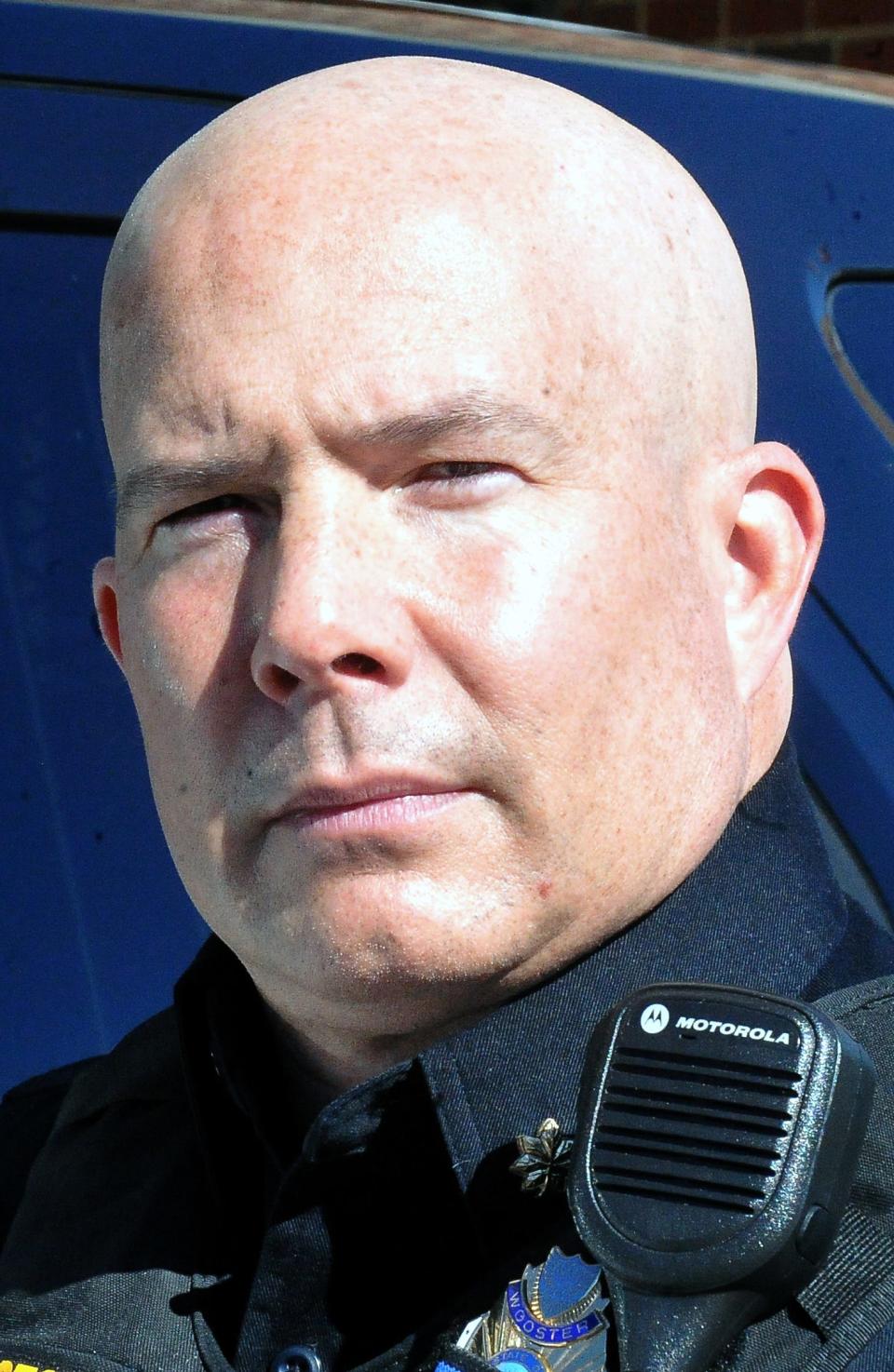MHRB-funded health officers, WPD collaborate to tackle mental health crisis calls
Law enforcement and behavioral health agencies often find themselves working together when it comes to helping a person experiencing a mental health crisis.
In Wooster, the majority of police officers are Crisis Intervention Team certified, according to assistant Chief Scott Rotolo.
And now, their efforts are further enhanced by the addition of four health officers housed at The Counseling Center of Wayne & Holmes Counties, with crisis funding supplemented by the Mental Health & Recovery Board of Wayne and Holmes Counties.
A health officer, TCC Executive Director Tiffanie Kestner said, is authorized via the Ohio Administrative Code “to assess if someone is mentally ill and subject to hospitalization.” These cases involve a mental illness goes well beyond anxiety or depression and may require hospitalization, even if the person involved cannot or will not agree to voluntary hospital admission.
“Of equal importance,” Rotolo said, “is following due process, as is (the mentally ill person’s) right.”

Assessment, action, resolution should include a health officer
While law enforcement officers can have someone involuntarily hospitalized – often known as “pink slipping” – that process could be done collaboratively with a health officer. There also are cases where law enforcement is not involved, but rather where a crisis worker is called to the scene.
And while that worker can assess the situation, said TCC Chief Clinical Officer Jeff Bradford, unless he or she meets the educational and licensing requirements of a health officer, that person would need a designated health officer to sign off on the commitment paperwork.
Not all the agency’s crisis workers qualify to serve as health officers, he said. The accepted agreement between the MHRB and TCC is that health officers will have a master’s degree, an independent license to diagnose and treatment mental health issues, plus additional training in a variety of areas, from the state’s commitment process to knowledge of the local emergency services to CPR.
Joining long-time health officer, TCC’s Gail Garrod − who would handle involuntary commitments raised by any of the agency’s crisis workers – are four other TCC staff, Bradford said, with more going through training now.
Kestner said she is aware “law enforcement was having to make more mental health decisions” and while she appreciates the collaboration, it wasn’t always as effective as having a health officer with mental health assessment and specialized training involved. And, she added, when there was just one health officer “people were getting frustrated by the lag time” should that person have multiple calls in two different counties.
In acute situations, Rotolo said, police will take a mentally ill person directly to a local hospital and establish their safety. After that, he said, a health officer could oversee the process of getting them moved to a psychiatric facility.
Both the TCC and WPD are doing what they can to best serve the public. At the TCC, that also means having crisis administrative staff to deal with paperwork and phone calls and preparing to launch a dedicated crisis line.
Having additional health officers onboard goes beyond collaboration; it also allows for “the right person for the right job” on each call, Rotolo said.
Tami Mosser is the executive support specialist for the Mental Health & Recovery Board of Wayne and Holmes Counties.
This article originally appeared on The Daily Record: Health officers, Wooster PD collaborate to tackle crisis calls

